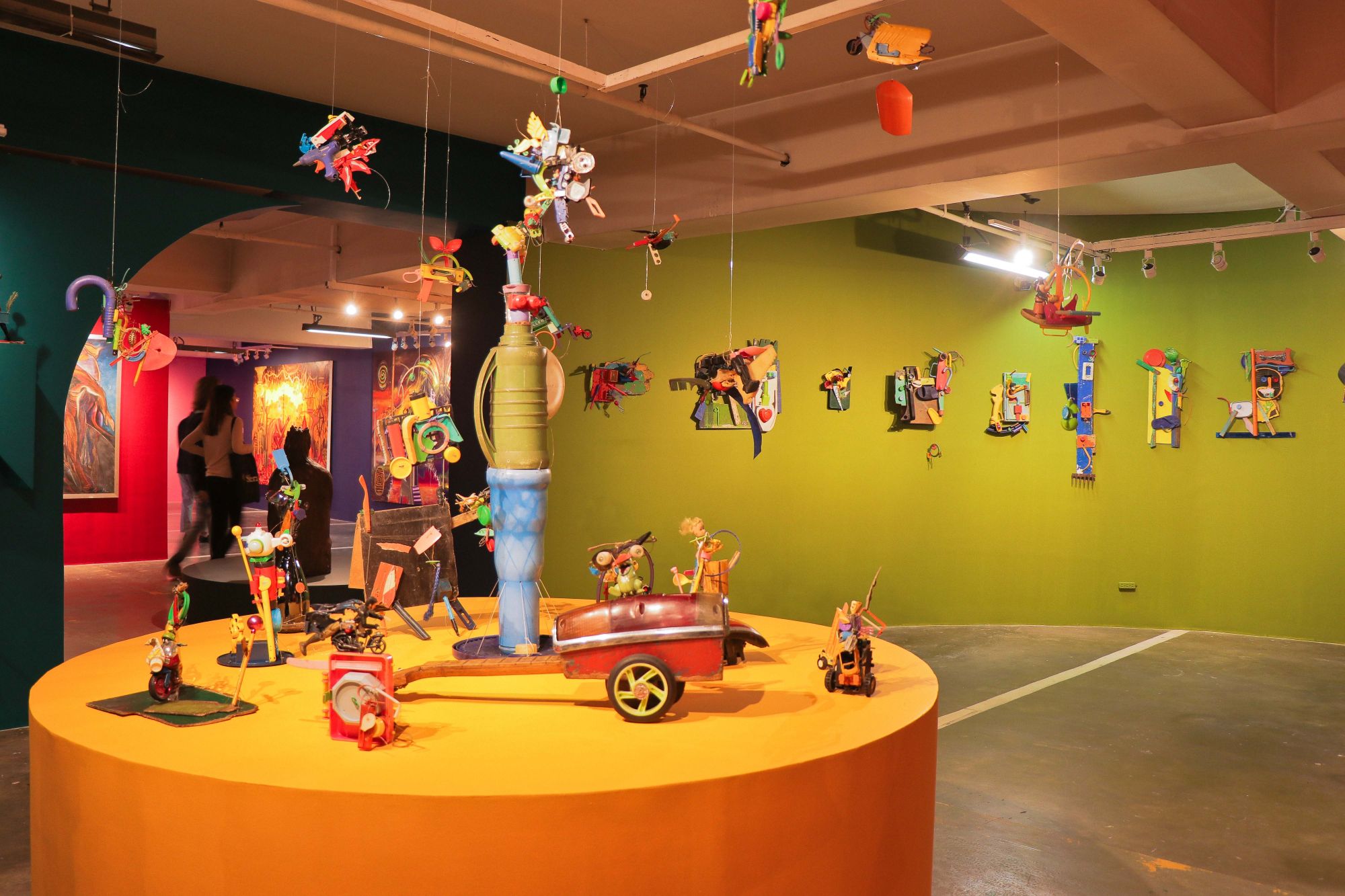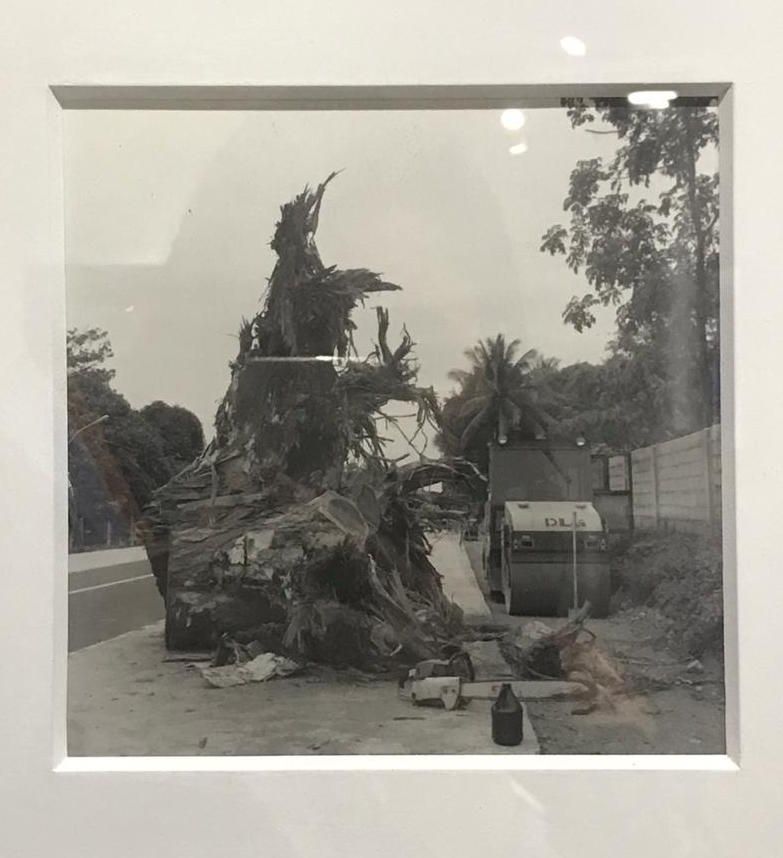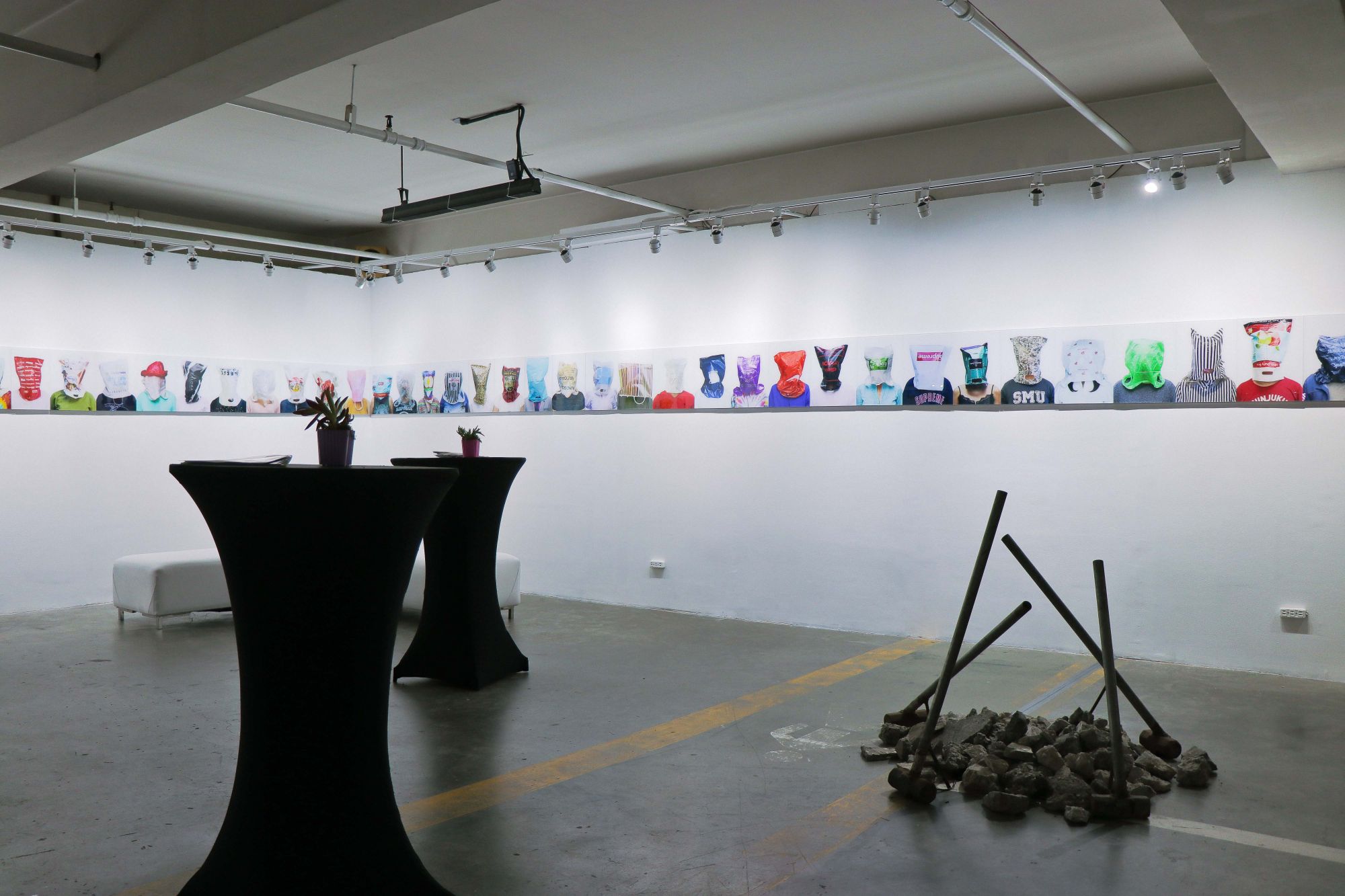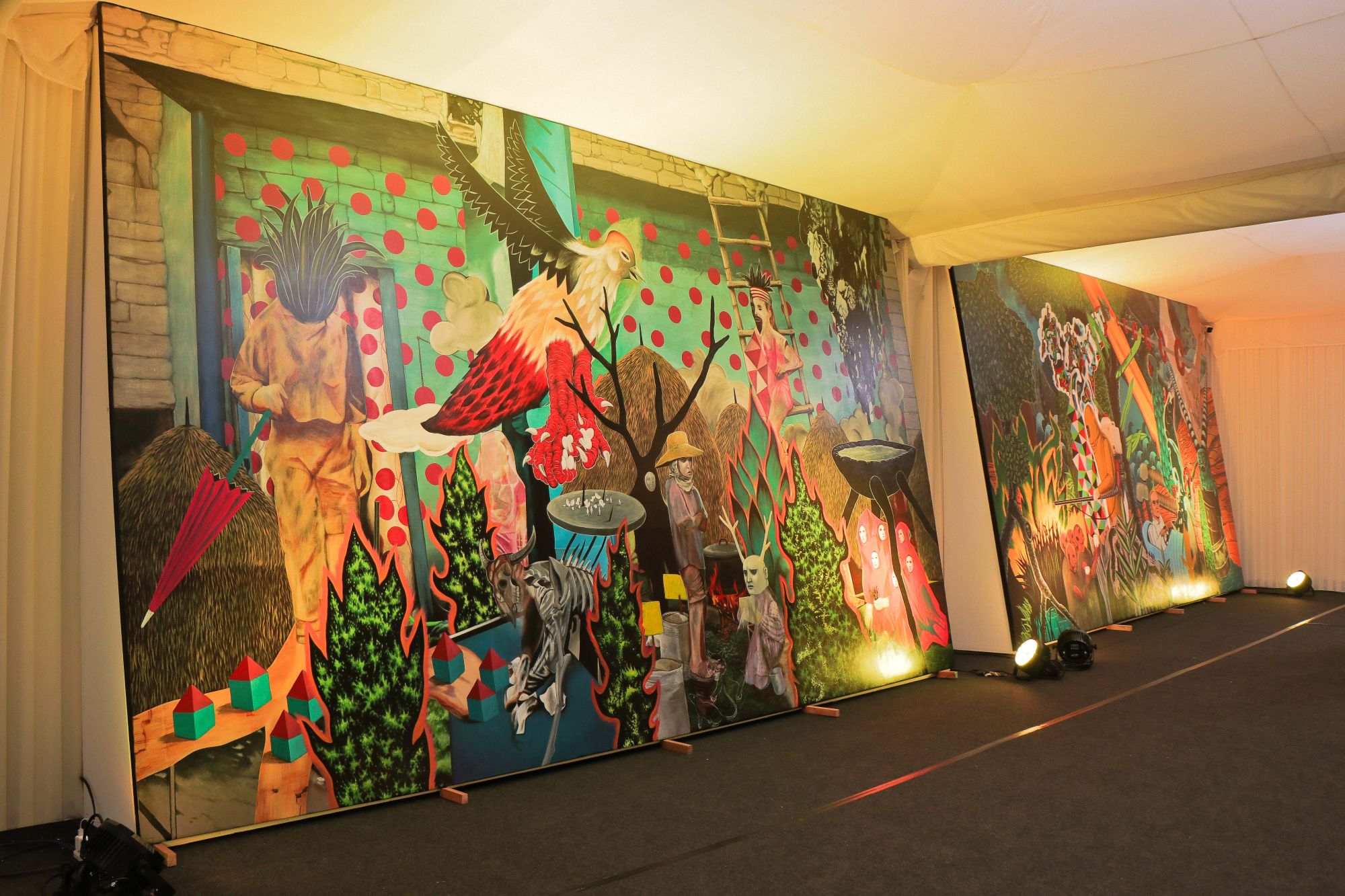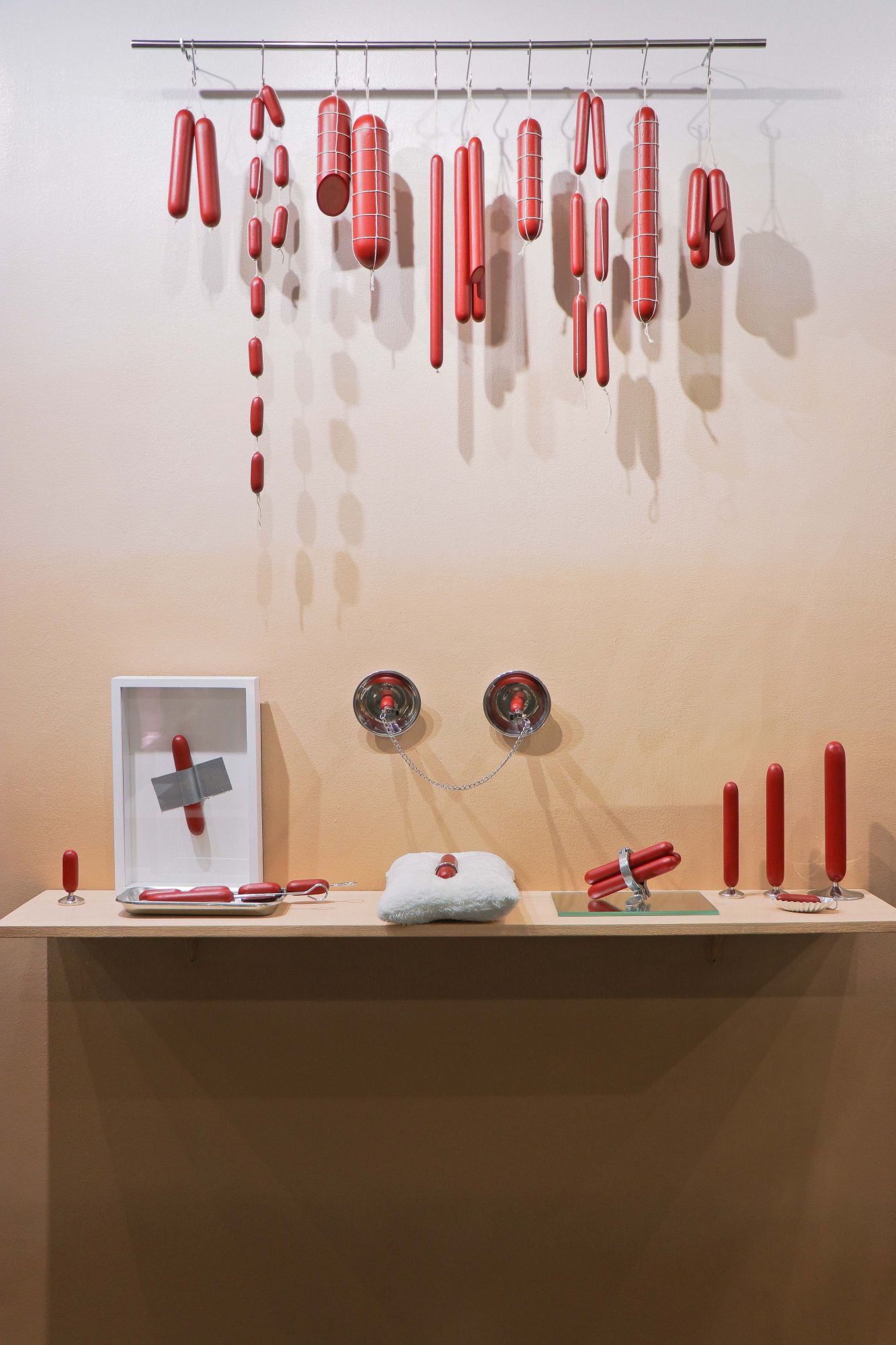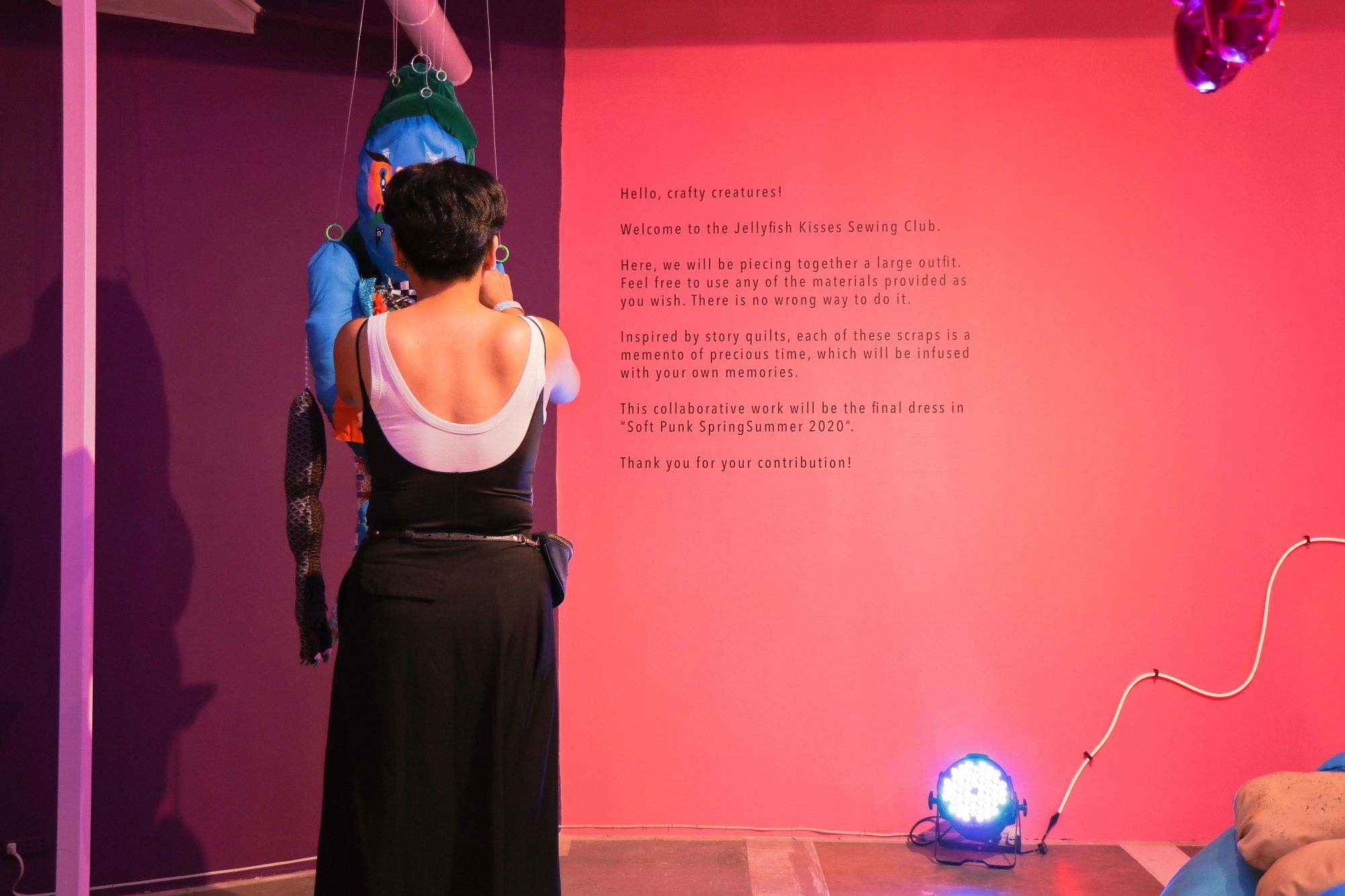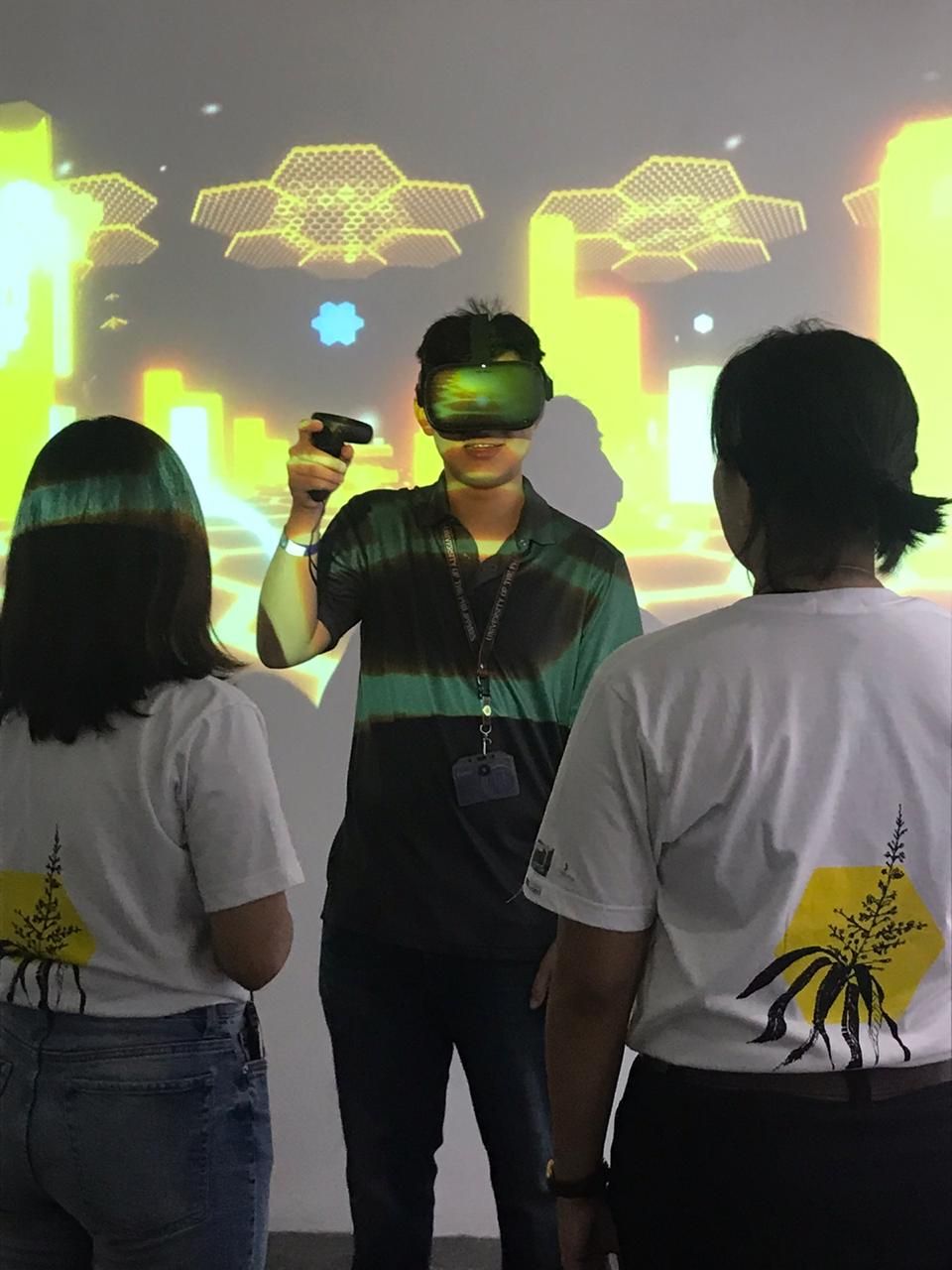Art Fair 2020 has brought both creations and creatives to the forefront of Manila's cultural scene
Art Fair Philippines has been around for nearly a decade now. Following its nascent introduction to Manila in 2013, Art Fair has been incorporating timely themes throughout the galleries they invite and the artwork they show. This year, they place some of society’s more pressing concerns and advancements to the forefront of its show.
Read Also: First Look: Art Fair Philippines Opens at The Link, Makati for its 2020 Edition
They place young, local art aficionados alongside international artists and long-time curators.
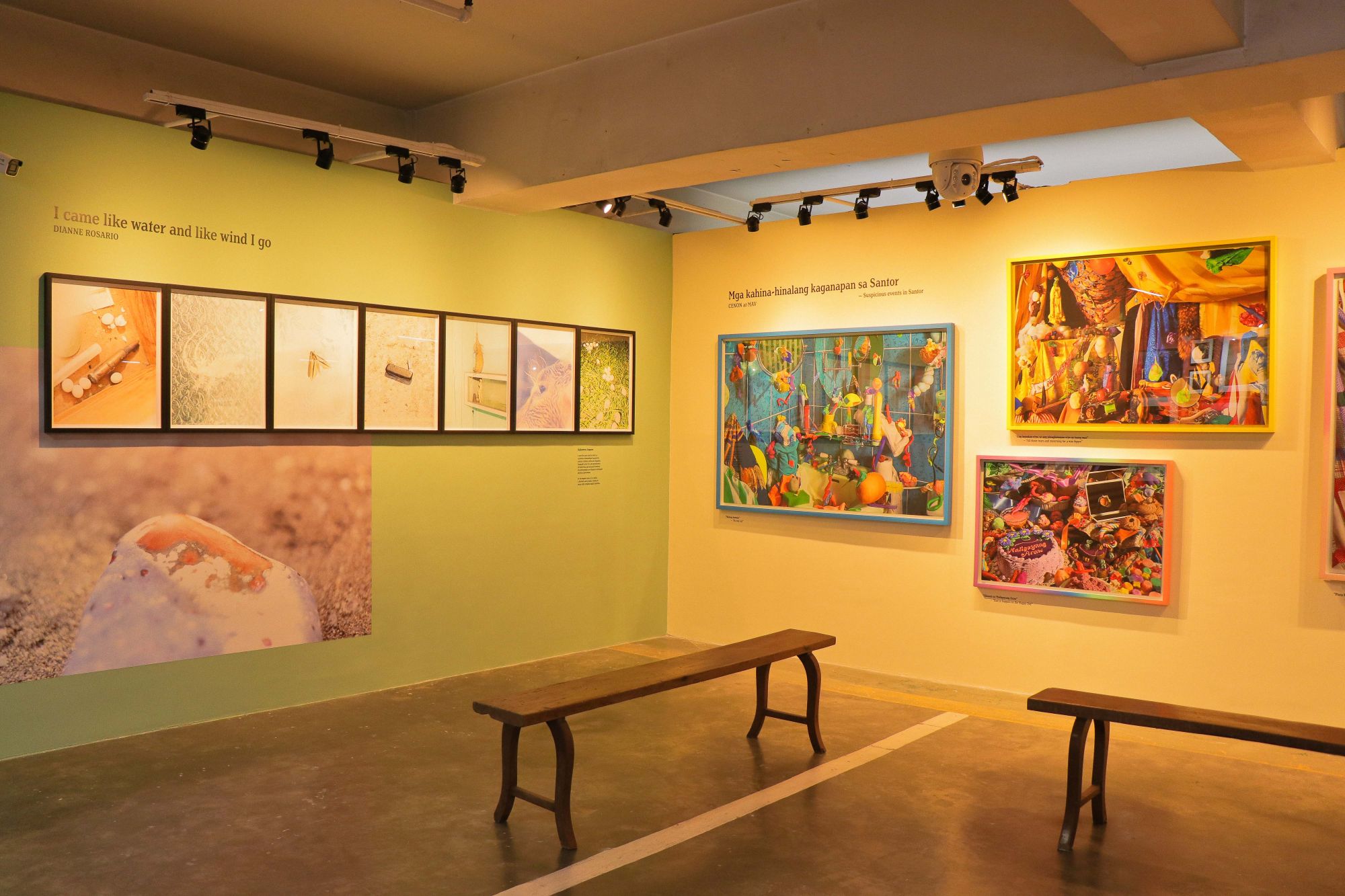
Young creators and curators are on the rise. One such group is Tarzeer Pictures, headed by a trio of twenty-somethings with a passion for the local art scene. While still relatively young, Tarzeer Pictures places an importance on an artist’s creative freedom, allowing local photographers, painters, and creatives a chance to showcase personal projects. Photographs from young minds such as Dianne Rosario and Cenon at Mav can be seen at Tarzeer Pictures in Art Fair.
